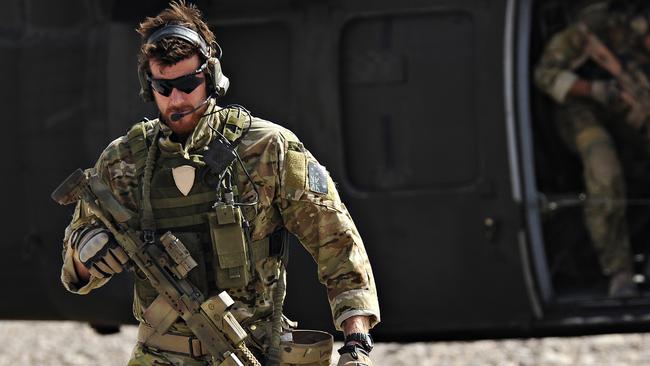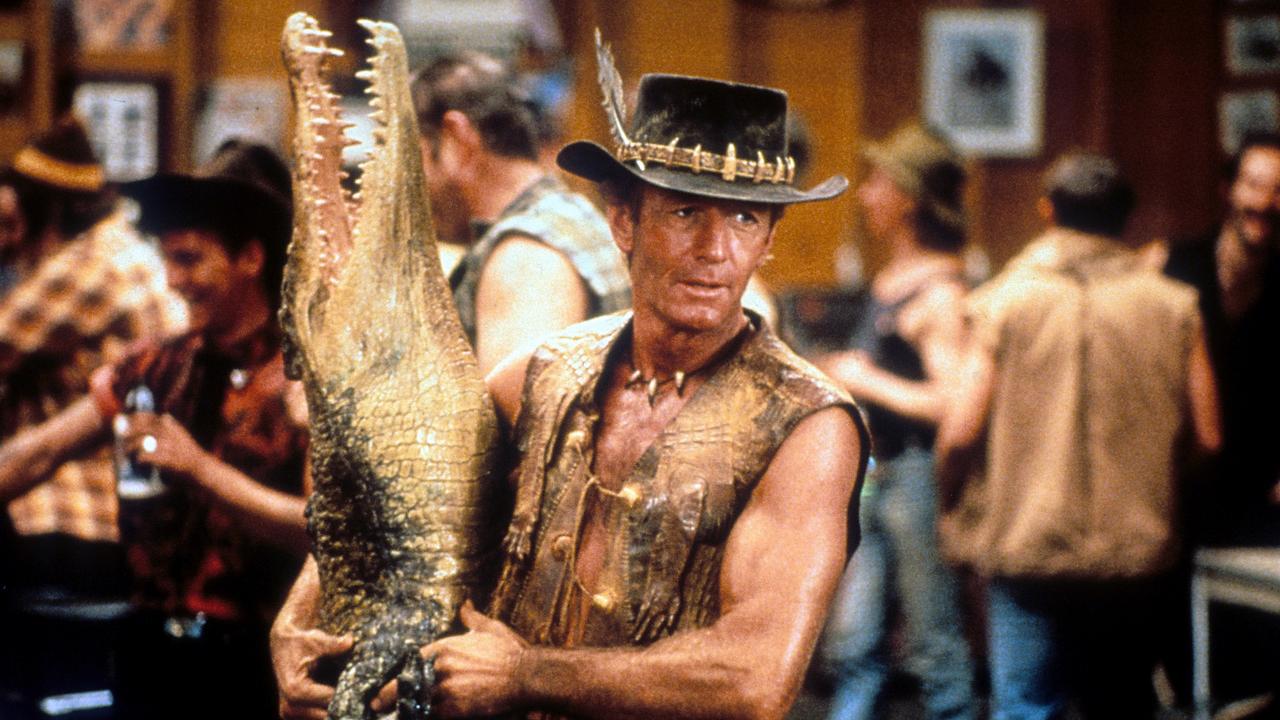SAS soldier’s widow criticises ‘bullying’ of Ben Roberts-Smith

The widow of decorated Special Air Service Regiment soldier Matthew Locke, who was killed in Afghanistan in 2007, has lambasted those “bullying” Victoria Cross recipient Ben Roberts-Smith over allegations he committed war crimes during the bloody conflict.
Leigh Locke-Thomas, who has remained close to Mr Roberts-Smith, blamed tall-poppy syndrome for the emergence of the claims. “I just think it’s disgusting,” Ms Locke-Thomas told The Weekend Australian.
“I’m 100 per cent behind Ben. Where’s his rights? I just think give him a fair go, he can’t defend himself. To me it’s bullying.”
Referring to the role of the SAS in Afghanistan, she said: “They weren’t over there picking flowers. They were there for war, they weren’t there to be friends with anyone. And they were protecting the country. And in my case, my husband never came home.
“Everyone loves you when you go off to war, but when you come home do you really have to fight another fight?”
Ms Locke-Thomas was speaking before Mr Roberts-Smith yesterday filed a defamation action in the Federal Court, suing Fairfax Media over recent articles he says portrayed him as a “callous, inhumane” murderer and a bully.
Mr Roberts-Smith, now a senior executive at Seven West Media, has previously accused a small band of disgruntled former SAS troopers of running a smear campaign against him to ruin his reputation. He has also vehemently denied a claim of domestic violence referred to in one Fairfax Media report.

Sergeant Locke and Mr Roberts-Smith were close friends and fought alongside each other in the elite SAS.
Locke was awarded the Medal for Gallantry in December 2006 for “courage of the highest order” while deployed on Operation Slipper in Afghanistan.
Mr Roberts-Smith was awarded the Medal of Gallantry in the same year and went on to receive a Victoria Cross, Australia’s highest military honour, following an attack on Taliban machinegunners during an operation at the village of Tizak in Oruzgan province in 2010.
Mr Roberts-Smith was a pallbearer at a military ceremony marking the return of Locke’s body to Pearce airbase in Perth in 2007.
Frustration at looking on led to making of hero Ben Roberts-Smith
Six years later, Mr Roberts-Smith said of his friend: “He was a very, very brave person, Matt, in every sense of the word.
“He was one of those guys who would stand up in the middle of a firefight in front of a wave of fire and just hook in.
“I looked up to him a lot as an operator and thought, that’s the gold standard, you want to behave like this guy, he knows his job inside out. The way I saw him fight in Afghanistan on a number of occasions was inspirational. He wouldn’t look for a fire position. He’d just take it and you’d be thinking, just get down, mate, you’re going to get hit. He never cared, always cool and calm.”

Ms Locke-Thomas, who has remarried, said she believed a long-running official inquiry into the conduct of the SAS in Afghanistan should be allowed to run its course before any allegations were made public.
The inquiry by the Inspector-General of the Australian Defence Force is due to report by the end of the year.
Australia’s oldest living Victoria Cross recipient, Keith Payne, told The Australian this week that “jealousy” could be behind attempts by some disgruntled soldiers to discredit Mr Roberts-Smith. Mr Payne, 84, received Australia’s highest military honour for his actions in rescuing Australian, US and Vietnamese soldiers while under sustained enemy fire during the Battle of Ben Het in 1969.

Mr Payne said soldiers who had served their nation in past conflicts were never subjected to long-running investigations such as the one being conducted by the Inspector-General of Defence.
Ms Locke-Thomas was also angered by the release of a book last year that revisited a battle in the Chora Valley in June 2006 in which then Lance Corporal Roberts-Smith and Sergeant Locke “neutralised” a young Afghan male who threatened to compromise their SAS patrol’s concealment.
The book, No Front Line by Chris Masters, used competing soldier accounts to put question marks over the need for killing the suspected Taliban spotter, as well as Mr Roberts-Smith and Locke’s management of the incident.
Parts of the book also refer to Locke’s bravery and describe how he was seen as “the glue” among soldiers.





To join the conversation, please log in. Don't have an account? Register
Join the conversation, you are commenting as Logout